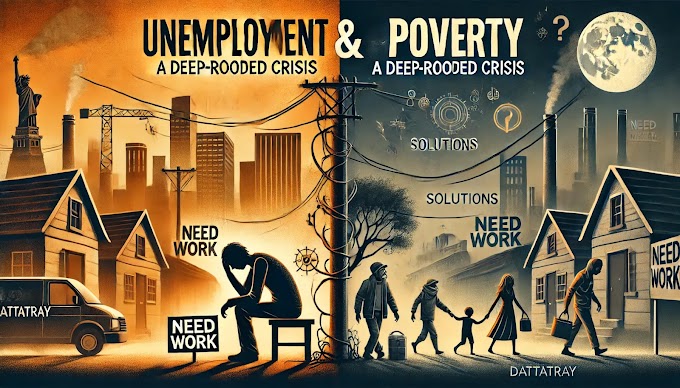The Foreign Exchange Management Act (FEMA): A Comprehensive Guide
The Foreign Exchange Management Act (FEMA), enacted in 1999, is a pivotal piece of legislation governing foreign exchange transactions in India. It replaced the Foreign Exchange Regulation Act (FERA) of 1973, ushering in a more liberalized approach to managing India's foreign exchange reserves. This blog dives deep into the intricacies of FEMA, exploring its objectives, regulations, and impact on the Indian economy.
The Need for FEMA
Prior to FEMA, FERA implemented strict regulations on foreign exchange transactions. This was necessary in the early years of India's independence due to limited foreign exchange reserves. However, by the late 1990s, India's economic landscape had transformed. Liberalization and globalization necessitated a more flexible framework to facilitate international trade and investment. FEMA emerged as the answer, aiming to:
- Promote External Trade and Payments: By simplifying regulations and procedures, FEMA aimed to encourage foreign trade and investment, fostering economic growth.
- Facilitate Foreign Investment: FEMA streamlined the process for foreign companies to invest in India, making it more attractive for international capital inflow.
- Maintain Orderly Flow of Foreign Exchange: FEMA established a framework to monitor and regulate foreign exchange transactions, ensuring their orderly flow and preventing misuse.
- Liberalize the Foreign Exchange Market: FEMA introduced a more liberalized approach to foreign exchange transactions, allowing for greater flexibility in exchange rates and convertibility.
Key Features of FEMA
FEMA is divided into seven chapters, each addressing specific aspects of foreign exchange management. Here's a breakdown of some key features:
- Classification of Transactions: FEMA categorizes transactions into two main types:
- Current Account Transactions: These pertain to routine cross-border transactions like trade in goods and services, travel expenses, and remittances.
- Capital Account Transactions: These involve investments, loans, and other capital movements between residents and non-residents.
- Authorized Persons: FEMA empowers specific entities designated as "Authorized Persons" to handle foreign exchange transactions. These include authorized dealers (banks), money changers, and offshore banking units.
- Liberalised Remittance Scheme: FEMA allows residents to freely remit funds abroad for various purposes like travel, education, and gifts, subject to specified limits.
- Foreign Direct Investment (FDI): FEMA outlines the regulations for foreign companies to invest directly in Indian companies, promoting job creation and technological advancements.
- Foreign Institutional Investors (FIIs): FEMA governs the participation of foreign investors in Indian stock markets, providing them with a regulated framework for investment.
Impact of FEMA
FEMA has significantly impacted the Indian economy:
- Increased Foreign Exchange Reserves: By facilitating foreign trade and investment, FEMA has contributed to a substantial increase in India's foreign exchange reserves.
- Growth of International Trade: Streamlined procedures under FEMA have led to a significant boost in India's international trade, benefiting both exporters and importers.
- Enhanced Foreign Investment: The liberalized approach of FEMA has attracted significant foreign direct investment (FDI) into various sectors, propelling economic growth.
- Improved Financial Integration: FEMA has facilitated India's integration with the global financial system, allowing for greater access to international capital.
Conclusion
The Foreign Exchange Management Act (FEMA) has played a crucial role in shaping India's economic journey. By fostering a more open and transparent framework for foreign exchange transactions, FEMA has contributed to India's emergence as a major player in the global economy. As India continues to integrate further with the world, FEMA will likely undergo further refinements to adapt to the evolving needs of the nation.
Additional Points to Consider:
- FEMA and the Digital Age: The rise of e-commerce and online transactions has necessitated constant updates to FEMA regulations to ensure their effectiveness in the digital landscape.
- FEMA and the Black Market: While FEMA has helped curb illegal foreign exchange transactions, complete eradication remains a challenge.
- The Future of FEMA: As India's economic ambitions grow, FEMA will likely be further liberalized to attract even greater foreign investment and facilitate seamless cross-border trade.
Hopefully this blog has provided you with a comprehensive understanding of the Foreign Exchange Management Act (FEMA). Do you have any questions or thoughts on FEMA and its impact on the Indian economy? Share them in the comments below!
.png)







.png)

.png)

0 Comments